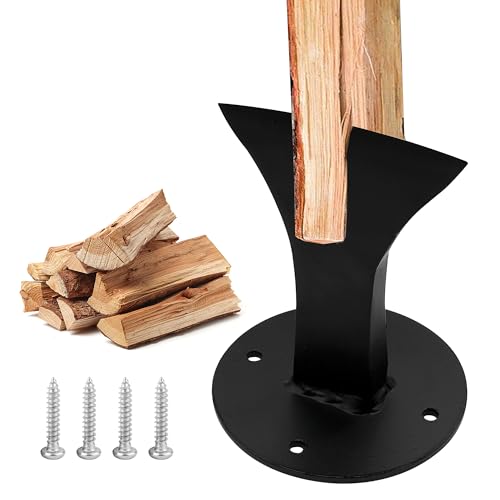Yes absolutely right and well said mate, I wanted to get one, but really you need a few to get a range of measurements, then you should buy gauge blocks to test their accuracy periodically. Then you get into temp fluctuation. How far into the rabbit warren do you go. Thus my desire to stick with verniersBut no, you are absolutely right, micrometers will read to .001 and better.
I learned a lot about this when I rebuilding a small block chevy engine years ago. To check rod and main bearing clearances, they sell stuff called plasti-gauge. You put a strip of the material on the bearing, install the parts to torque, then the amount the plastic squishes out gives you a crude clearance. I was not happy doing things that crudely.
My uncle was one of the master machinists at General Electric areo-space back when they made the guidance parts for ballistic missiles. They had the best measuring equipment that could be purchased, along with gauge blocks, and temperature controlled rooms where they stored the equipment and brought the parts in to be measured. He snuck out a complete set of mics and snap gauges in his lunch box, for me to work on my car. They weren't the best they had, but best as what a decent machine shop would have. It took me quite a while to fit all the rod and main bearings, and pistons.
I got the engine rebuilt and he snuck the tools back into the shop.























































